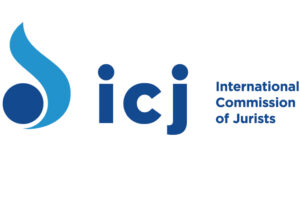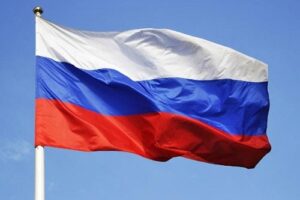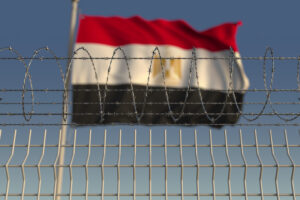
Jun 15, 2012
The ICJ today submitted a report to the Special Rapporteur on the situation of human rights defenders, ahead of her report to the UN General Assembly in October 2012.
Responding to a questionnaire prepared by the Special Rapporteur on the situation of human rights defenders, the ICJ’s report focusses on the following thematic and country issues:
- Global issues relevant to laws affecting judges and lawyers;
- Global issues relevant to laws affecting lesbian, gay, bisexual and transgender individuals and organisations;
- Laws in South Africa;
- Laws in Ethiopia; and
- Laws in Zimbabwe.
ICJ-SRHRDs-QuestionnaireResponse-legal submission (2012) (download PDF)
HRDs-GAReport (download the Special Rapporteur’s report)
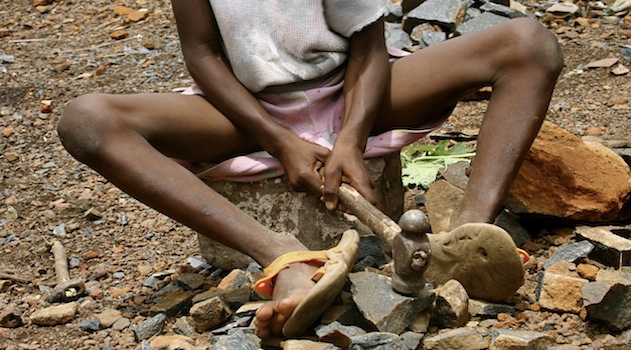
May 24, 2012
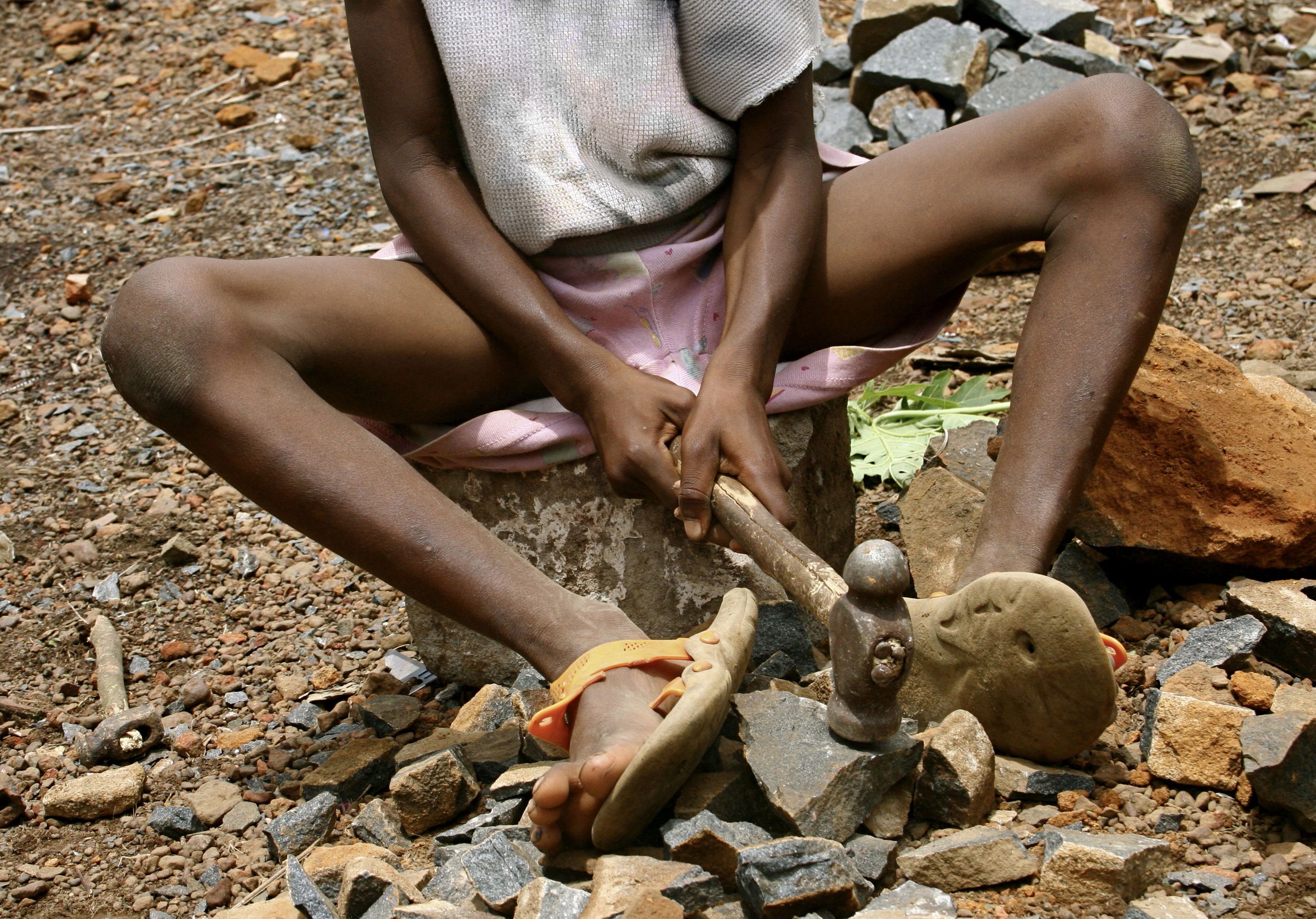 A new report launched by the ICJ shows that companies involved in human rights abuses in the Democratic Republic of Congo (DRC) are rarely held accountable
A new report launched by the ICJ shows that companies involved in human rights abuses in the Democratic Republic of Congo (DRC) are rarely held accountable
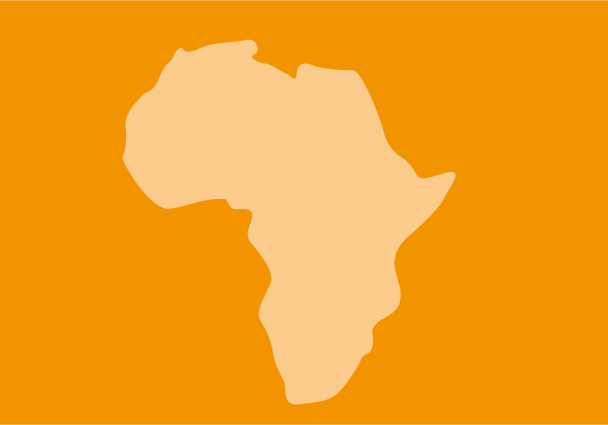
May 7, 2012
The ICJ has learnt of the suspension of His Lordships Justices Philip Musonda, Judge of the Supreme Court of Zambia together with judges Charles Kajimanga and Nigel Mutuna of the High Court of Zambia with the possibility of having them removed as Judges of the Courts.
The ICJ notes that these judges are very senior judges of the bench whose integrity and dignity has not been questioned before.
The ICJ also notes that the President acting on advice given to him has appointed a Tribunal to enquire and determine the suitability of the three judges to continue sitting in the bench.
Deputy Director of the ICJ-Africa Programme, Martin Masiga said: “While the ICJ may not be opposed to legitimate expression of judicial accountability, such exercises must observe due process as required by both the international and municipal regimes of law on judicial independence and the Rule of Law. One would recommend, therefore, that the constitutional procedure be followed in Zambia.”
The ICJ believes that indeed, judges and other judicial officers as servants of the public are, like all other institutions of the State subject to the law, the Rule of Law in particular, and should exercise their judicial functions in accordance with the dictates of the law and their just conscience.
The ICJ hopes that due process and constitutional guarantees in accordance with the laws of Zambia will be followed to ensure that the process is consistent with fairness and that process is not used to undermine the independence of the Judiciary in the Republic of Zambia, as has been the case is some jurisdictions with the region.
The ICJ will, therefore, closely monitoring the situation and developments and will, if necessary, engage all stakeholders to assist in ensuring a fair, speedy and satisfactory resolution of the matter.
Zambia-Mission-Publications-Reports-Mission reports-2012-ENG (ICJ Mission report in Zambia, in PDF)

Mar 30, 2012 | Advocacy
During the 19th session of the Human Rights Council, the ICJ made an oral statement during the Council’s consideration and adoption of the outcome document in the Universal Periodic Review of Zimbabwe.
The statement focussed on the lack of human rights protection and respect for the rule of law in the country, particularly as this affects lawyers, journalists and human rights defenders more broadly, and called on the Government of Zimbabwe to halt the repression of legitimate peaceful protests and undertake reforms necessary for the conduct of independent and effective investigations into gross human rights violations and crimes under international law.
Zimbabwe-oral intervention UPR-advocacy-2012 (full text in English, PDF)

Mar 30, 2012 | Advocacy
During the 19th session of the Human Rights Council, the ICJ made an oral statement during the Council’s consideration and adoption of the outcome document in the Universal Periodic Review of Uganda.
The statement focussed on the lack of human rights protection and respect for the rule of law in the country, particularly as this affects human rights defenders, and called on the Government of Uganda to end impunity for gross human rights violations, and to ensure that the Anti Homosexuality Bill is not adopted into law.
Uganda-oral intervention UPR-advocacy-2012 (full text in English, PDF)







